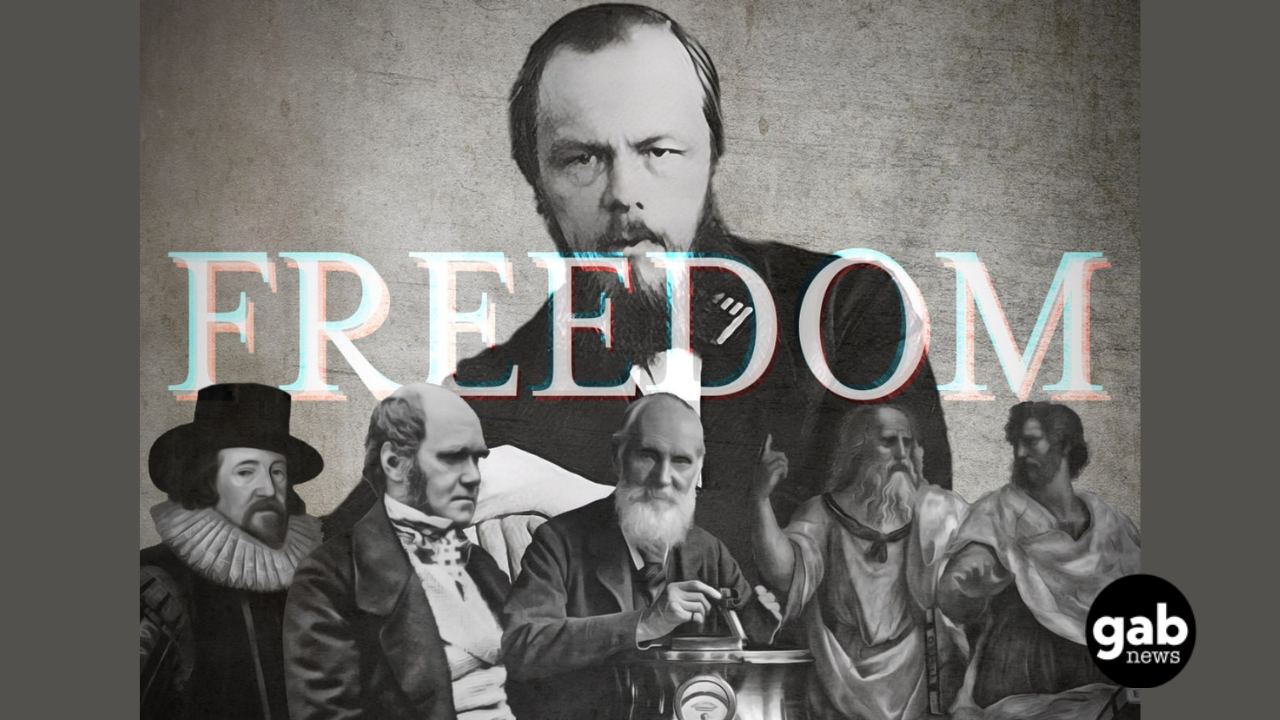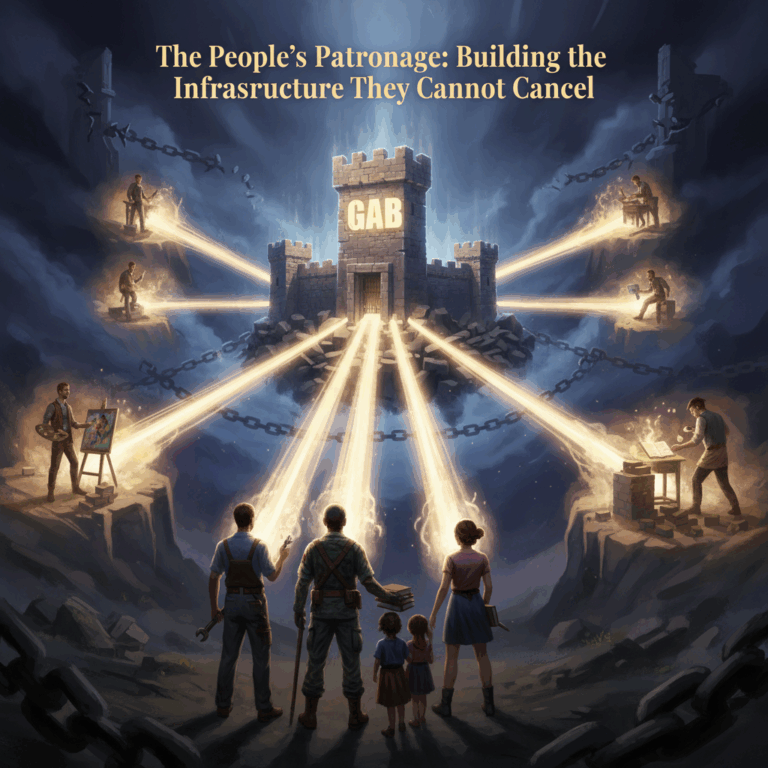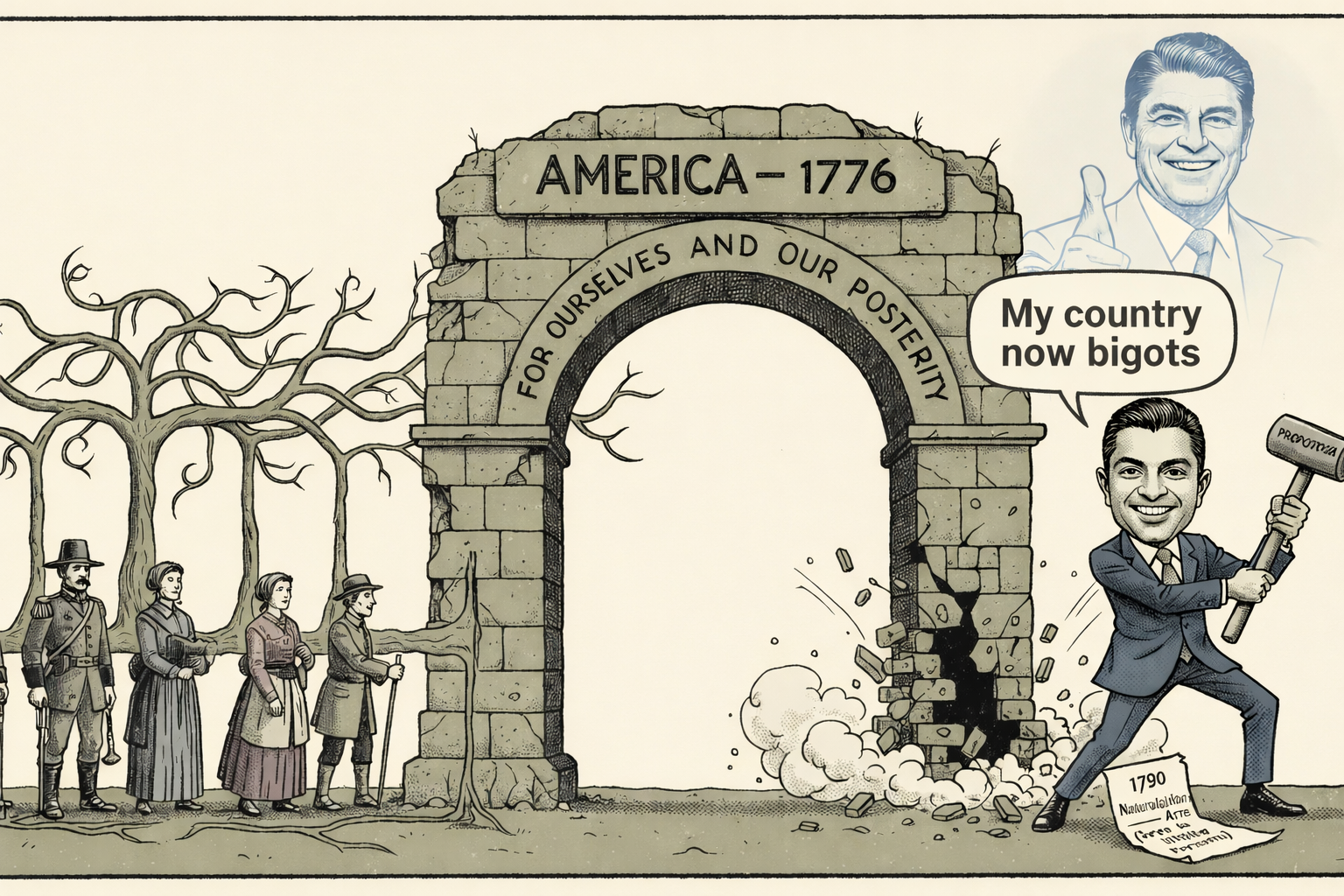Dostoevsky vs the World
by John Heers, First Things Foundation
Freedom is a hard thing. It can be confusing. It is essential to the understanding of both law and love. It presents itself as both a means to an end and as an end itself. It seems to be everything and nothing, all at once.
One way to make sense of freedom is to understand it as an inside thing and as an outside thing. As an outside idea, freedom can be found in political theory. It is a word we associate with the American flag, or the word democracy. This freedom has to do with freedom from laws that restrict us and our desires. For the founding American Fathers, freedom was first and foremost a freedom from the overreach of government. In history this kind of freedom presents as “outside” freedom: things outside of me that constrain.
A second kind of freedom is something I will call inside freedom. This kind of freedom we associate with the soul, with being at peace, with being in alignment with the eternal. It has something to do with knowing the truth and having the courage to act truthfully. It’s caught up with “religion” if it is caught up with anything at all.
And the two freedoms, inside and outside freedom, they intersect all the time. That makes things complicated. But in a society such as ours where everyone is claiming freedom and rights and with an election pending, I think it is incumbent upon us to unpack this thing we call freedom. A heavy thing indeed.
Let’s start with a timeline of the whole inside freedom thing. When do we see people talking about inside freedom in history?
The answer is always. This kind of talk goes all the way back. If you find books and parchments written by a human, eventually you’ll find something written about inside freedom.
Hinduism is also known as Sannatan Dharma, which means more or less, the eternal path. Hinduism gives us a massive meandering collection of teachings on inside freedom. We learn from Hindus that moksha is freedom. Moksha is being set free, and in particular it is freedom from ignorance, delusion and illusion. In its most basic definition moksha is freedom from rebirth. To acquire release from rebirth one must participate in worship (Bhakti), knowledge (Jnana), good works (Karma) and asceticism or meditation (Raga). To be free is to follow and obey a tradition of good works and asceticism.
In Jewish tradition you see patterns of this as well. Laws are everywhere in sacred Jewish literature, signposts built out of tradition and the hope of pleasing God. There are the ten laws we all know about, but there are also 613 laws outlined in Leviticus, and many more articulated in the Talmud. I mean, there’s lots of stuff to obey. Being a Jew wasn’t easy, and yet the ancient Rabbis speak of The Law as an experience of freedom. To obey the law is to free the soul.
We see this, too, with ancient Greeks, the philosophers of the Golden Age of Athens. Inside freedom was enlightenment and for Plato it was the point of life. The sad man tied up in Plato’s cave allegory is sad because he is shackled by darkness and delusion. That sad man becomes much more than a shadow when he cuts himself loose and goes out into the danger of being free. Getting out of the cave is our goal. It is the thing of freedom.
I could go on. Human beings all talk like this at points in history, and if you pay attention you’ll see that they are pointing to something that I am calling inside freedom. A freedom to live truthfully and at peace within.
But what about since the Enlightenment? What about since World War II? What do we New World rationalists do with this idea of inside freedom?
I have no idea.
I don’t.
As a collective calling ourselves modern, secular and rational, we moderns don’t seem to think inside freedom can be acquired using a pattern, or a tradition. Traditional inside freedom patterns have been strangled and starved to the margins since Francis Bacon wrote about his vision for the future. I’m not even sure we moderns think there is something called inside freedom.
Is it Yoga maybe? Wellness? Consumerism definitely plays a role in the acquisition of health in the modern west. The television show Hoarders has managed to find 20 seasons worth of hoarders. Is hoarding how we get healthy? Psychiatry seems to be a way, but is it the way for moderns? Cantankerous politicos seem to think inside healing can be found in the public square. Pundits and their parrots assert again and again that their conservative (or liberal) system will create an inside freedom unrivaled in American history. We will be great again, and implied in that greatness is some weird kind of inside peace. Gas tank redemption? Mortgage Moksha?
You do you!
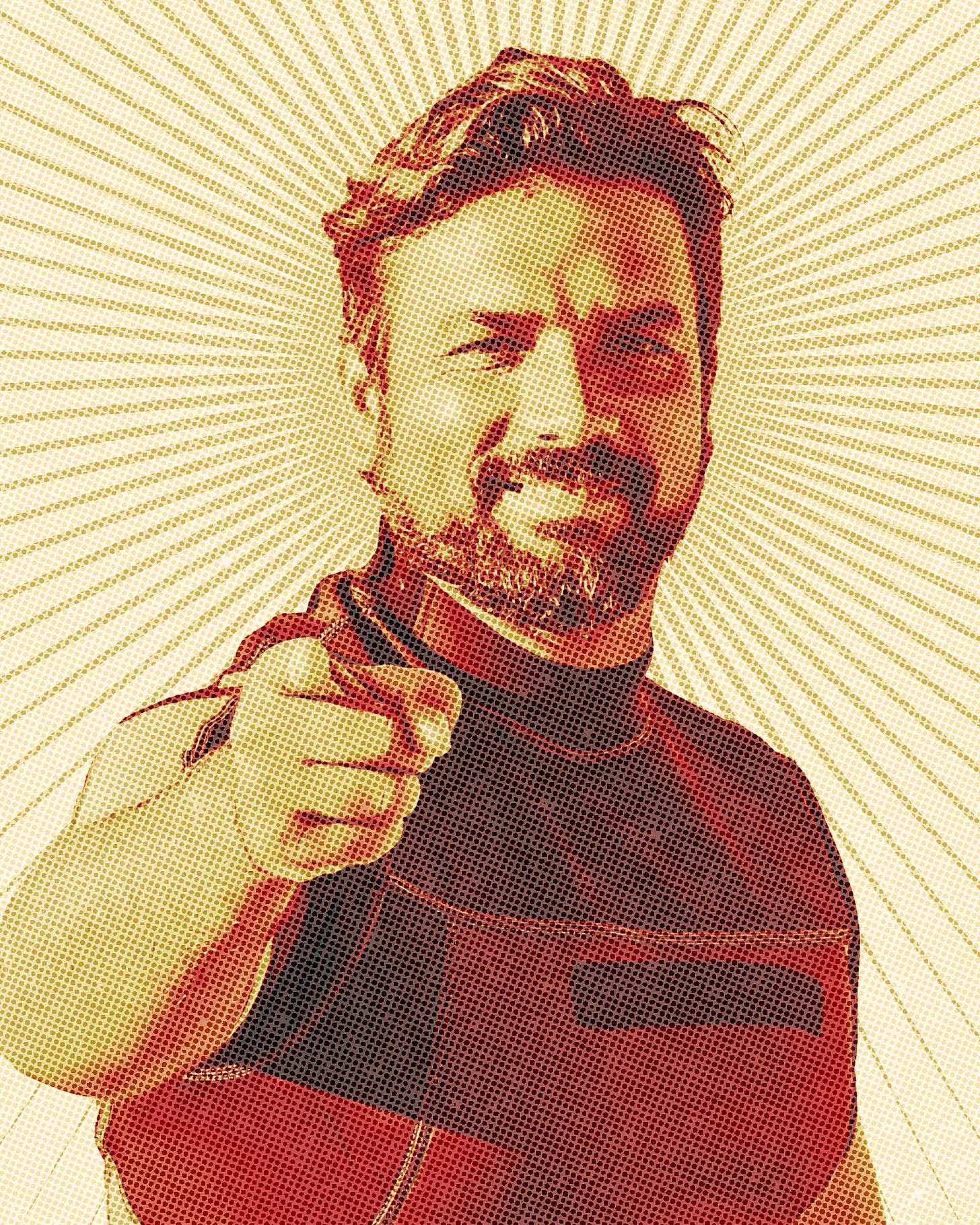
Enter Fyodor Dostoevsky, a Russian novelist with a keen sense of smell. He could smell things you and I could not, and then, like a master, he could suffuse the smell, the aroma of reality into his novels, into his larger-than-life characters. His writings are helpful because what we are being tempted with now, harsh and acrid materialism, his contemporaries experienced as sweet and silky. The shiny saints of rationalism and materialism promised humanity secular kingdoms to come during Dostoevsky’s time. But Dostoevsky was not tempted and instead used his writing to warn humanity about the lifeless freedom bound up in the plastic gardens of modernity.
To more deeply understand, let’s take a look at two thunderous earthquakes shaking the educated west during Dostoevsky’s lifetime. Both tremors were born of a single tectonic shift, the move toward an atheistic science as the basic binding “lig” of society (see here for more on the lig and “religion”). The first tremor was the articulation of the theory of entropy. The materialistic scientists of the 19th century, starting with a certain Lord Kelvin, proved that every transformation of matter into energy, and every transformation of energy into matter, entails a minute, but irretrievable, loss of order in the universe. This loss of order, this little bit of dying, is the Second Law of Thermodynamics. It can also be called the Law of Entropy, or the Law of Heat Death. (The Law of Heat Death is hot!) Kelvin’s discovery had a unique impact on the protesting Christian mind in the 19th century. This law echoed the Christian notion of a fallen world, implying as it does a slow, fated, degradation of all organized forms. Kelvin’s law declared that we can’t go on forever, and in its own way invited Christians to conclude that science was proving what was already dogma to Christians.
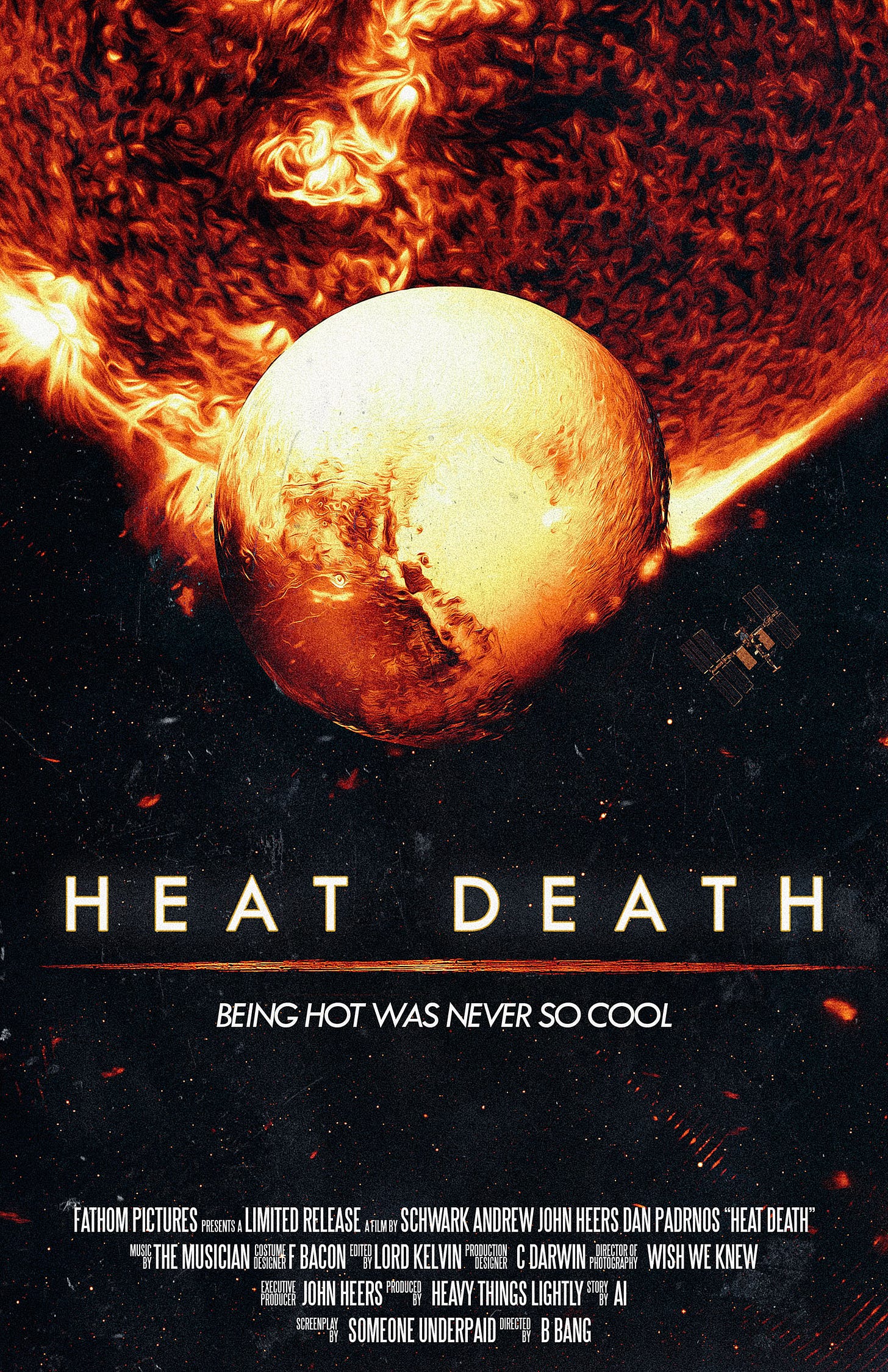
But for the non-Christian intelligentsia of Europe the Law of Heat Death was deeply disturbing. This law laid waste the utopian goodwill found in the American and French revolutions. These were movements of hope after all! Just how shiny can our city on the hill be if this Kelvin guy keeps reminding us about our impending doom? I mean really, the more we invent, the more we kill? This wasn’t exactly billboard material for the coming age of material utopia. And this point was not lost on our pal Fyodor Dostoevsky. In fact, his book The Idiot is a tome to this dilemma.
In the book, the main character is a fool. Prince Myshkin is not progressing. He is simple and dumb to the point of making others feel uncomfortable. He says exactly what is on his mind, and that means talking about how weak he is. He is vulnerable in front of people. He is slow to the point of being still. The other characters, all of them, they are moving. They are all circulating and undulating and all of them are at odds with each other and none of them can maintain a thought. Their actions are leading them to the bondage of destruction and death.
One of the main characters, a man named Hypolite, is dying. He has tuberculosis. And at a gathering of his friends and acquaintances he discusses a famous painting, a realist painting of a dead Christ, done by the renaissance painter Hans Holbein around 1522. Hypolite asks everyone to truly look at the painting. To focus on it. He points them to its realness, it’s anatomical accuracy, to the perfect rendering of bodily death. Then Dostoevsky puts these words into Hypolite’s mouth:
…If the laws of nature are so powerful, then how can they be overcome? How can they be overcome when even He did not conquer them?
He goes on to say:
Looking at that picture, you get the impression of nature as some enormous, implacable, and dumb beast, or, to put it more correctly… as some huge engine of the latest design, which has senselessly seized, cut to pieces, and swallowed up — impassively and unfeelingly — a great and priceless being… The painting of Christ makes you feel like there is a dark, insolent, and senselessly eternal power, to which everything is subordinated.
Entropy.
The devil has become a law.
But it gets worse. The other massive idea in science at just this time is the theory of human evolution. Darwin’s theories were hot stuff, imagine them as a ticker on CNN or FOX, prattling on about this fact and that, introducing a new paradigm for human existence. For modern atheistic world builders, evolution theory was an answer to a prayer. “If there is no God, how do we New Worlders explain the origins of human life?”
Darwin gave modernity hope. We come from a swamp. And a bang!
But for Dostoevsky this was anything but hopeful. Darwin’s determinist theory was particularly disturbing because it lacked telos. There was no ultimate purpose. There was no end. Humans were just a temporary end product of some everlasting and random process. Secondly, evolutionary theory stressed competition as a natural condition of all things. This competition was not just one species against the next, but it was competition between members of the same species. Evolution theory pitted man against man, woman against woman, 7 Eleven against Circle K. Dostoevsky smells out how ugly and soul destroying such a world view would become. In an article in 1873, from his monthly magazine Vremya (Time), he says as much:
Give all these exalted modern teachers a real chance to destroy the old society and build it anew and there will result such darkness, such chaos, something so crude, blind and inhuman, that the whole edifice will fall apart under the curses of all mankind…
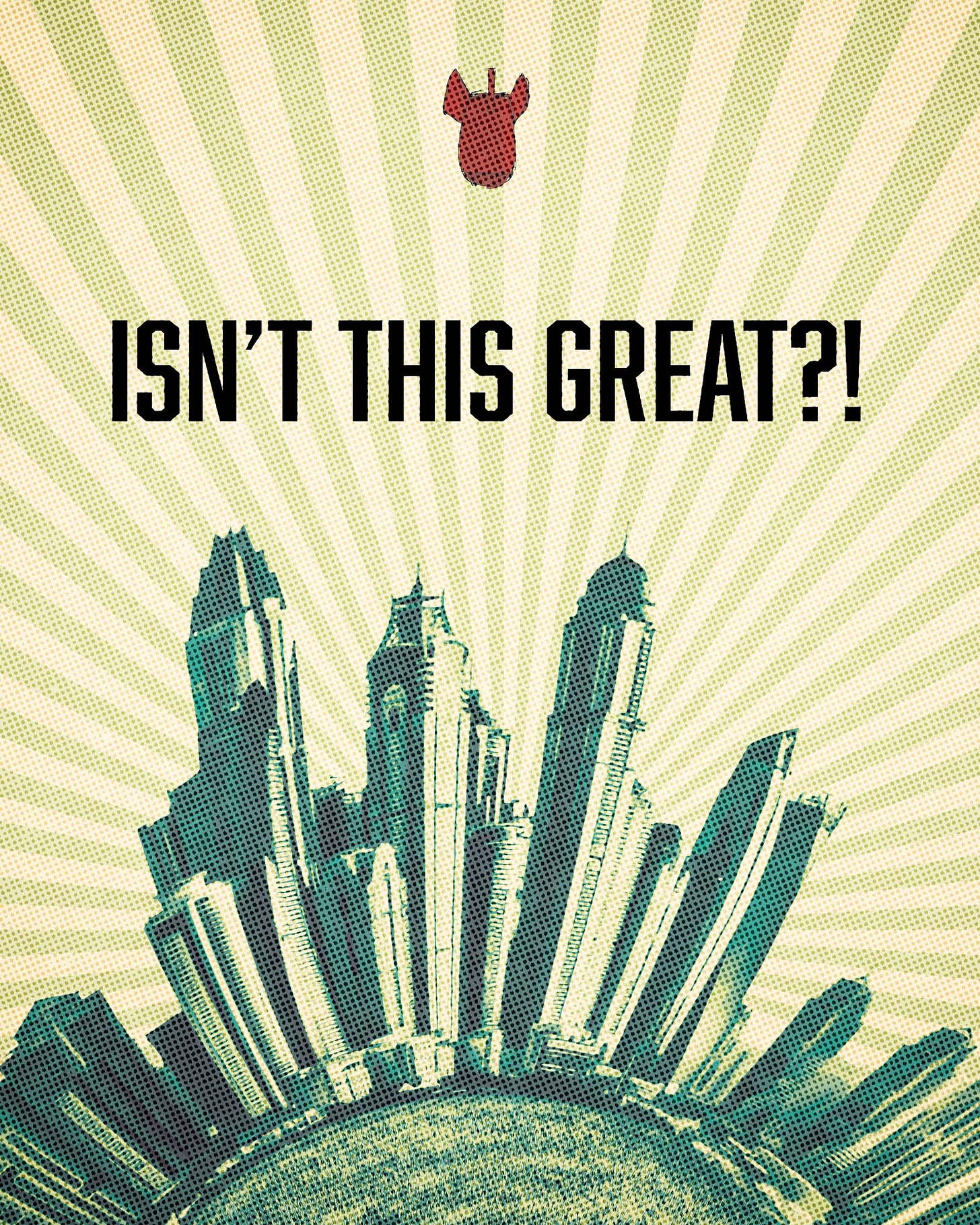
And this brings us back to freedom, inside and outside. Dostoevsky, and others like him, teach us that people lacking clear traditions of inside freedom cannot build systems of outside freedom. As C.S. Lewis said, men without chests create systems without hope. A people who collectively believe in things like evolution and entropy will build things that end in dark, pointless slavery.
For Dostoevsky freedom was irrational and beautiful, and it was found in the daily art of what he called “the acts of the little giants.” The little giants, the humble idiots, were the engineers of outside freedom. Their souls made society livable, they made freedom possible. This is why all of his most beloved heroes and heroines have nearly nothing. He strips them of everything. Myshkin, the idiot, has money and doesn’t even know it. Sonya in Crime and Punishment, is a prostitute. Raskalknikov goes to jail. Alyosha is a simple monk. All of them he strips of stuff in order to lay them naked in the struggle for their souls. And that, for him, was the point of life. These humble characters had all perfected the art of inside freedom. With enough saints, thought Dostoevsky, a society could build a beautiful system of outside freedom indeed.
Modern people lack a tradition by which to enter inside freedom, but there’s no way around it; an inside freedom system is coming. It must. Will it continue to be forged from without, by materialists trying to “save the world” by the techne of the internet or the wizardry of the trans-humanists? Or will we have a renaissance within and build outside freedom in the image of the little giants? There is so much yet to decide.
This article originally published on Substack on December 28th, 2023.



